



If you’re looking to experience a side of the UAE that feels both timeless and alive,Al Ain is where you want to be. The moment you step into this oasis city,there’s a gentle calmness in the air,a contrast to the bustling skyscrapers of Abu Dhabi or Dubai. Palm trees sway softly against a backdrop of rugged desert mountains,and the warm sun wraps around you like a comforting blanket. Walking through the bustling souks,you’ll catch the rich scent of spices mingling with freshly baked bread,while the chatter of locals bartering adds a lively rhythm to the streets. Al Ain’s charm lies in its deep-rooted connection to heritage and nature. It’s a place where ancient forts and archaeological sites whisper stories of the past,and date palms stretch endlessly,offering shade and sweet fruit. The city’s green parks and natural springs invite you to slow down and breathe,a refreshing pause from the desert’s heat. You can almost taste the history in the air,especially when you try the local dishes—think tender lamb stews and fragrant saffron rice,bursting with flavors that feel both exotic and comforting. What really makes Al Ain special is its warm,welcoming spirit. The people here carry a genuine pride in their culture,and their hospitality feels like an embrace. Whether you’re exploring the camel market,hiking Jebel Hafeet at sunset,or simply sipping tea in a quiet café,Al Ain invites you to connect—with the land,the history,and the heart of the UAE itself.
The information on this page is currently being reviewed by Tripkliq and should be used as a guide only
Eng word: Hello
Eng pronunciation: Marhaban
Local language: مرحبا
Eng word: Goodbye
Eng pronunciation: Wada'an
Local language: وداعا
Eng word: Thank you
Eng pronunciation: Shukran
Local language: شكرا
Eng word: How much
Eng pronunciation: Kam al-si'r
Local language: كم السعر
Eng word: Toilet
Eng pronunciation: Mirhad
Local language: مرحاض
Eng word: Help me
Eng pronunciation: Sa'idni
Local language: ساعدني
Eng word: Yes
Eng pronunciation: Na'am
Local language: نعم
Eng word: No
Eng pronunciation: La
Local language: لا
Eng word: Excuse me
Eng pronunciation: Afwan
Local language: عفوا
Al Ain is known as the 'Garden City' due to its lush oases, which have been a source of life for the region for over 4,000 years. The Al Ain Oasis is a UNESCO World Heritage site and features a traditional falaj irrigation system.
Al Ain is the birthplace of Sheikh Zayed bin Sultan Al Nahyan, the founding father of the United Arab Emirates. His legacy is celebrated throughout the city, including at the Sheikh Zayed Palace Museum.
Hili Archaeological Park is home to Bronze Age tombs and settlements dating back to the 3rd millennium BCE. The site provides a fascinating glimpse into the ancient history of the region.
Built in the late 19th century, Al Jahili Fort is one of the largest forts in the UAE. It was constructed to protect the palm groves and to serve as a residence for the local governor. Today, it houses a museum and exhibition space.
Established in 1969, the Al Ain National Museum is the oldest museum in the UAE. It showcases the region's history and heritage, from the Stone Age to the founding of the UAE.
Qasr Al Muwaiji is a historic fort that has been restored and transformed into a museum. It was the birthplace of Sheikh Khalifa bin Zayed Al Nahyan, the current President of the UAE.
Jebel Hafeet is the highest peak in Abu Dhabi and offers stunning views of Al Ain and the surrounding desert. The mountain is also home to ancient tombs and archaeological sites.
The Al Ain Camel Market is one of the last remaining traditional camel markets in the UAE. Visitors can witness the buying and selling of camels, a practice that has been part of the region's culture for centuries.
Green Mubazzarah is a natural hot springs park located at the base of Jebel Hafeet. It is a popular spot for picnics and relaxation, offering a unique blend of natural beauty and modern amenities.
In Al Ain City, the most common Power Adaptor is Type C, Type D, Type G.






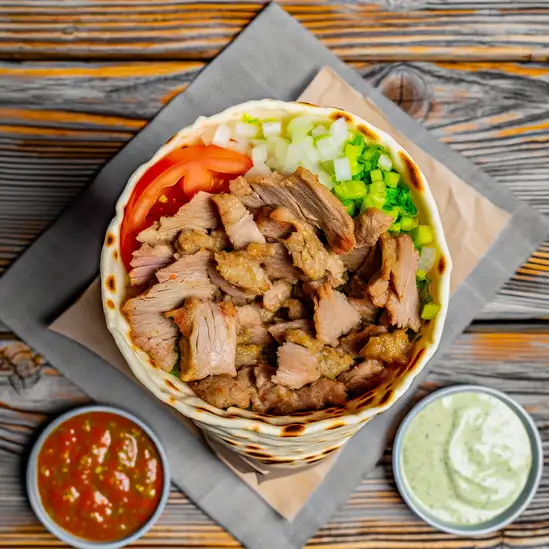
A popular street food consisting of marinated meat (usually chicken or lamb) cooked on a vertical rotisserie, served in a wrap with garlic sauce and vegetables.
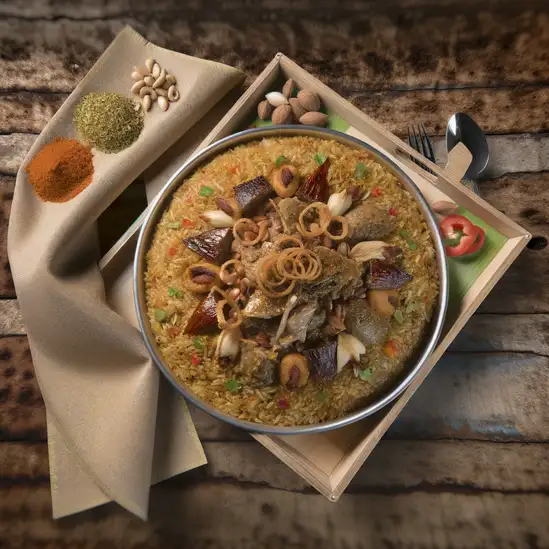
A spiced rice dish typically made with chicken, lamb, or fish, flavored with saffron and served with a side of salad or yogurt.
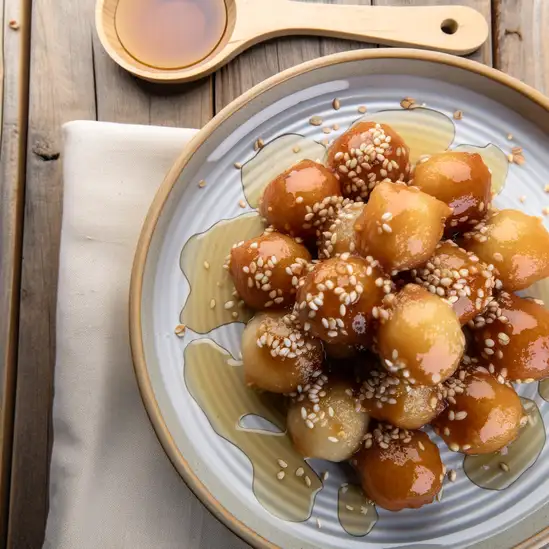
Sweet dumplings made from flour and sugar, deep-fried and drizzled with date syrup or honey, commonly enjoyed as a dessert.
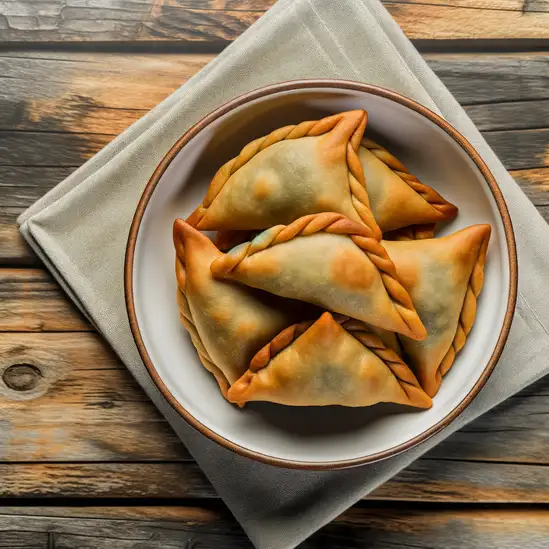
Savory pastries filled with meat, vegetables, or lentils, typically served as a snack or appetizer, especially during Ramadan.
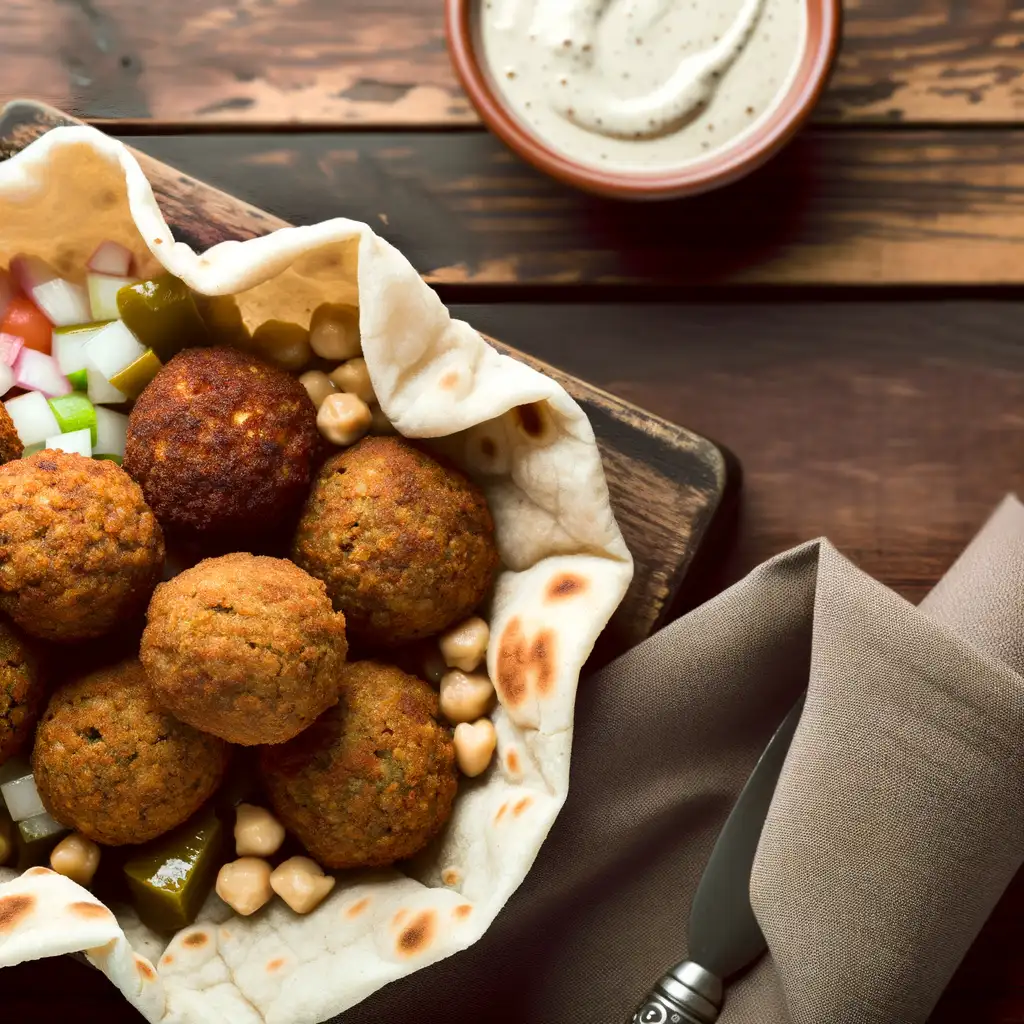
Deep-fried balls made from ground chickpeas or fava beans, often served in pita bread with tahini sauce and fresh vegetables.

A traditional dish made from wheat and meat, cooked slowly until it reaches a porridge-like consistency, often enjoyed during Ramadan and special occasions.

Zucchini stuffed with a mixture of rice, meat, and spices, then cooked in a tomato sauce, offering a delightful blend of flavors.
Imagine stepping into a place where the future meets tradition in the most dazzling way—that’s Dubai for you. The moment you arrive,there’s this electric buzz in the air,a mix of ambition and warmth that’s impossible to ignore. Skyscrapers like the Burj Khalifa stretch into the sky,shimmering glass and steel reflecting the golden desert sun,while just a few streets away,you can wander through bustling souks filled with the scent of exotic spices and the chatter of friendly vendors. It’s a city that never feels cold or impersonal,even with its towering modernity.
Walking along the Marina at sunset,you’ll hear the gentle lapping of water against sleek yachts,the distant hum of conversations in dozens of languages,and the occasional call to prayer weaving through the air,grounding you in the city’s rich cultural tapestry. The food scene is a vibrant adventure—imagine tasting freshly grilled shawarma,sweet dates,and rich Arabic coffee,each bite telling a story of the region’s heritage and its global influences.
What really makes Dubai stand out is its fearless spirit. It’s a place where desert dunes meet luxury shopping,where traditional falconry coexists with indoor ski slopes,and where every corner invites you to explore something unexpected. Whether you’re marveling at art installations in Alserkal Avenue or catching the cool breeze on a dhow cruise,Dubai feels alive,inviting you to be part of its ever-evolving story.
Imagine stepping onto Abu Dhabi Island and instantly feeling a blend of modern energy and timeless tradition wrapping around you like a warm breeze. The city pulses with a unique rhythm—where gleaming skyscrapers meet the gentle lapping of turquoise waters,and the scent of frankincense mingles with the salty sea air. Walking along the Corniche,you’ll catch the laughter of families,the hum of cyclists,and the distant call to prayer,all weaving together into a vibrant tapestry of daily life.
What really sets Abu Dhabi apart is its graceful balance between the old and the new. The Internal Islands City,with its sleek marinas and chic cafes,invites you to savor fresh seafood while watching luxury yachts drift by. Yet,just a short drive away,you can explore the grand Sheikh Zayed Mosque,where intricate mosaics and towering domes tell stories of culture and faith. The city’s character shines brightest in its people—welcoming,proud,and eager to share their heritage.
Taste the rich spices in a traditional Emirati dish or sip on sweet karak tea as the sun dips below the horizon,painting the sky in shades of pink and gold. Abu Dhabi isn’t just a place to see; it’s a place to feel—where every corner offers a new sensory delight and every moment invites you to slow down and soak it all in. Trust me,once you experience its warmth and wonder,you’ll be planning your next visit before you even leave.
Doha feels like stepping into a vibrant blend of tradition and modernity,where the desert meets the sea in the most unexpected ways. Imagine walking along the Corniche at sunset,the warm breeze carrying the faint scent of spices from nearby souks,while sleek skyscrapers shimmer against the fading light. The city hums with a quiet energy—call to prayers echo softly,mingling with the chatter of locals and the distant hum of luxury cars. It’s a place where the past and future coexist,inviting you to explore both ancient culture and cutting-edge design.
Wandering through the narrow alleys of Souq Waqif,you’ll be enveloped by the rich aroma of frankincense and cardamom,while colorful textiles and handcrafted wares spill from every stall. The lively banter of shopkeepers and the clinking of tea glasses create a warm,welcoming atmosphere that feels deeply personal. Then,just a short drive away,the Museum of Islamic Art stands like a jewel on the waterfront,its architecture as breathtaking as the treasures inside.
What really makes Doha special is its pace—there’s a calm confidence here,a city that’s growing fast but still holds onto its roots. Whether you’re savoring fresh seafood by the water,feeling the soft sand beneath your feet on a desert safari,or simply watching the city lights dance on the bay,Doha invites you to slow down and soak it all in. It’s a place that surprises you,not with loud fanfare,but with quiet moments that linger long after you’ve left.
If you ever find yourself in Male,Maldives,get ready to be swept up by a vibrant little city that pulses with island life and unexpected energy. It’s not your typical tropical getaway where everything feels distant and quiet—instead,Male buzzes with a lively rhythm,where the scent of salty ocean air mingles with the aroma of fresh spices from bustling street markets. Walking through its narrow streets,you’ll hear the chatter of locals,the hum of motorbikes,and the occasional call to prayer echoing from the mosques,all blending into a soundtrack that feels both ancient and alive.
What’s really captivating about Male is how it balances tradition and modernity. You’ll see colorful buildings painted in bright pastels,fishing boats bobbing in the harbor,and sleek cafes serving up rich Maldivian coffee alongside international flavors. The city’s compact size means you can explore on foot,discovering little corners where vendors sell fragrant tropical fruits or where fishermen unload their fresh catch of the day. The warmth of the people here is palpable—they’re proud of their culture and eager to share stories if you stop to chat.
And don’t miss the chance to taste the local cuisine—imagine biting into a spicy mas huni breakfast,where shredded tuna,coconut,and chili dance on your tongue,or savoring grilled seafood fresh from the Indian Ocean. Male isn’t just a gateway to the Maldives’ famous resorts; it’s a lively,sensory-rich place that invites you to slow down,soak in the island spirit,and feel connected to a culture that’s as deep as the surrounding blue waters.
If you ever find yourself wandering through Muscat,you’ll immediately notice a calm,almost meditative rhythm to the city. It’s not the usual hustle of a big metropolis; instead,there’s a gentle blend of tradition and modern life that feels both grounding and inviting. The air carries a subtle mix of sea salt from the Gulf of Oman and the warm,spicy aroma of frankincense wafting from local markets. Walking along the Corniche,you’ll catch the glint of sunlight bouncing off whitewashed buildings and the soft murmur of fishing boats bobbing in the harbor.
Muscat’s charm lies in its contrasts—ancient forts stand proudly against a backdrop of rugged mountains,while sleek cafes and art galleries hint at a quietly evolving culture. The city’s soul is deeply tied to its people,who greet you with genuine warmth and a readiness to share stories over a cup of sweet,cardamom-spiced coffee. Exploring the winding alleys of Mutrah Souq,you’ll hear the lively chatter of vendors and the clinking of silver jewelry,while your fingers brush against handwoven textiles and fragrant spices.
What really stays with you is the sense of place—Muscat feels like a crossroads where the past and present meet in harmony. Whether you’re savoring fresh seafood by the water or watching the sun dip behind the mountains,there’s a peacefulness here that invites you to slow down,breathe deeply,and soak in the beauty of a city that’s quietly proud of its heritage and hopeful for its future.
Manama feels like a vibrant crossroads where tradition and modern life dance effortlessly together. The moment you step into its bustling souks,the air is thick with the scent of exotic spices and freshly brewed gahwa (Arabic coffee),while the chatter of merchants and the clinking of tea glasses create a lively soundtrack. Walking through the narrow alleys,you catch glimpses of colorful textiles and intricate handicrafts,each telling a story of Bahrain’s rich heritage.
By day,the city’s skyline sparkles with sleek glass towers,but just a short walk away,you find yourself wandering ancient forts and quiet mosques,their sandstone walls whispering tales from centuries past. The warm breeze carries hints of the nearby sea,and if you head to the Corniche,you’ll feel the gentle splash of waves as fishing boats bob lazily in the harbor. It’s a place where the old world meets the new,and you can savor both with equal delight.
Food here is a celebration of flavors—imagine biting into freshly grilled hammour fish,seasoned with local herbs,or savoring sweet dates dipped in rosewater syrup. The people are incredibly welcoming,always ready to share a story or invite you to try a traditional dish. Manama isn’t just a city to visit; it’s a place to experience,where every street corner hums with life and every moment feels like a warm embrace.
Fraudsters may install skimming devices on ATMs to steal card information when tourists withdraw cash.
Scammers may approach tourists pretending to collect donations for fake charities or causes, often using emotional stories.
Tourists may be sold fake luxury items, perfumes, or electronics at inflated prices, claiming they are authentic.
Tourists may be sold counterfeit tickets to popular attractions, which are invalid upon arrival.
Unlicensed money exchangers may offer attractive rates but give counterfeit or less money than promised.
Scammers pose as tour guides offering cheap or exclusive tours, but they provide subpar services or disappear after taking payment.
Tourists may be charged exorbitant prices for short camel rides, especially in tourist-heavy areas.
Scammers may create a distraction, such as dropping items or asking for help, while an accomplice pickpockets the tourist.
Street vendors may target tourists with overpriced souvenirs or low-quality items, claiming they are handmade or rare.
Unlicensed taxi drivers or even some legitimate ones may overcharge tourists by taking longer routes or not using the meter.
The UAE has very strict laws regarding drugs. The possession, use, trafficking, and distribution of illegal drugs are severely punished, with penalties including long prison sentences, heavy fines, and even the death penalty. Prescription medications should be accompanied by a doctor's note, and some medications that are legal in other countries may be restricted or banned in the UAE.
In Al Ain City, smoking is regulated by federal laws in the UAE. Smoking is prohibited in enclosed public spaces, including malls, restaurants, and public transport. Designated smoking areas are available in some public places. Violations can result in fines.
Vaping is subject to similar regulations as smoking in Al Ain City. It is banned in enclosed public spaces and public transport. Vaping devices and e-liquids are legal but must comply with UAE standards. Violations can lead to fines.
What are other people saying about Al Ain City?
Recent Social posts about Al Ain City
There is nothing to show you for now.